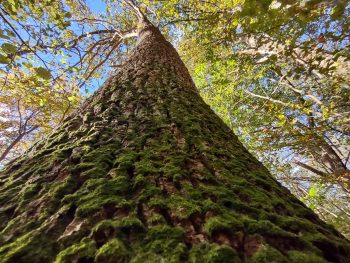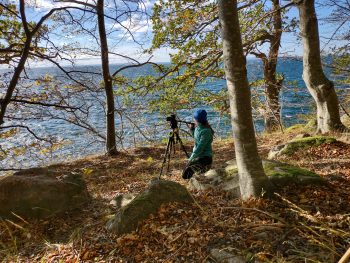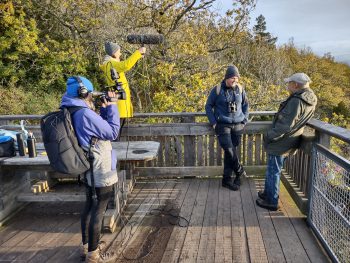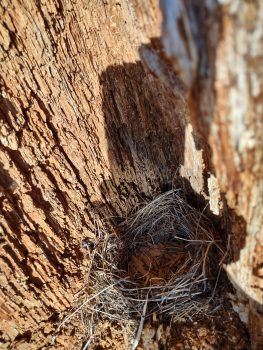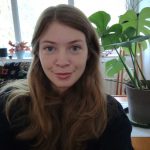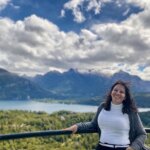November 25, 2020
Elective courses Science for Sustainable Development - Documentary Filmmaking
Hej allihopa!
As I already mentioned in my last blog post here I will present my second elective course in science for sustainable development which is Documentary Film, History, Theory, and Practice: Working with the real.
Documentary filmmaking and working creatively have always interested me which is why I applied for this course. I was not sure if the coordinator of my program would allow me to transfer credits from Documentary Film to my master’s degree as it is only indirectly related. It took me some effort to convince him, but it finally worked out. The biggest part of the course consists of developing your own documentary movie. As mine is concerned with Swedish forestry and biodiversity loss, it tackles an issue that is of importance for sustainable development. Also, documentary movies are powerful tools for communication and reaching big audiences.
The structure of the course
The course is accessible for people who work and would like to study next to their work. For this reason, all classes are on weekends. But no worries it is not every weekend, just once per month. There we meet Friday evenings, and the whole day on Saturday and Sunday. Friday evenings are generally for presenting and discussing the documentaries that were assigned. Due to the pandemic, we meet currently on zoom, but the first two classes were in ‘Cnema’, an actual cinema in Norrköping. That was pretty cool and special. Saturday and Sundays are for pitching and getting feedback on our film proposals.
The documentary project
Yes, you will develop your own documentary movie. From pre-production (pitching, and writing of the film proposal) to the production (filming) and the post-production (the editing) everything is in your hand. It is a lot to learn and you have to be organized to get work done. You get very helpful feedback each month on your process. Our professor Mike is an experienced documentary filmmaker and very enthusiastic about teaching. You also get the chance to attend sound and light workshops. The equipment that you need for filming can be borrowed from the department (IKOS).
My fellow students
We are a very mixed group regarding age, background, and level in filmmaking. Some of us are full-time students, others work full-time. While some people are experienced filmmakers, others have a very basic level in filming (me amongst them haha). We also live in different places with people commuting from Stockholm, Malmö, and even Copenhagen-a very diverse and fun group.
If you are interested in documentary filmmaking, I can wholeheartedly recommend this course. You can find more information on this page: https://liu.se/utbildning/kurs/739g31
Wherever you are, have a nice day!
